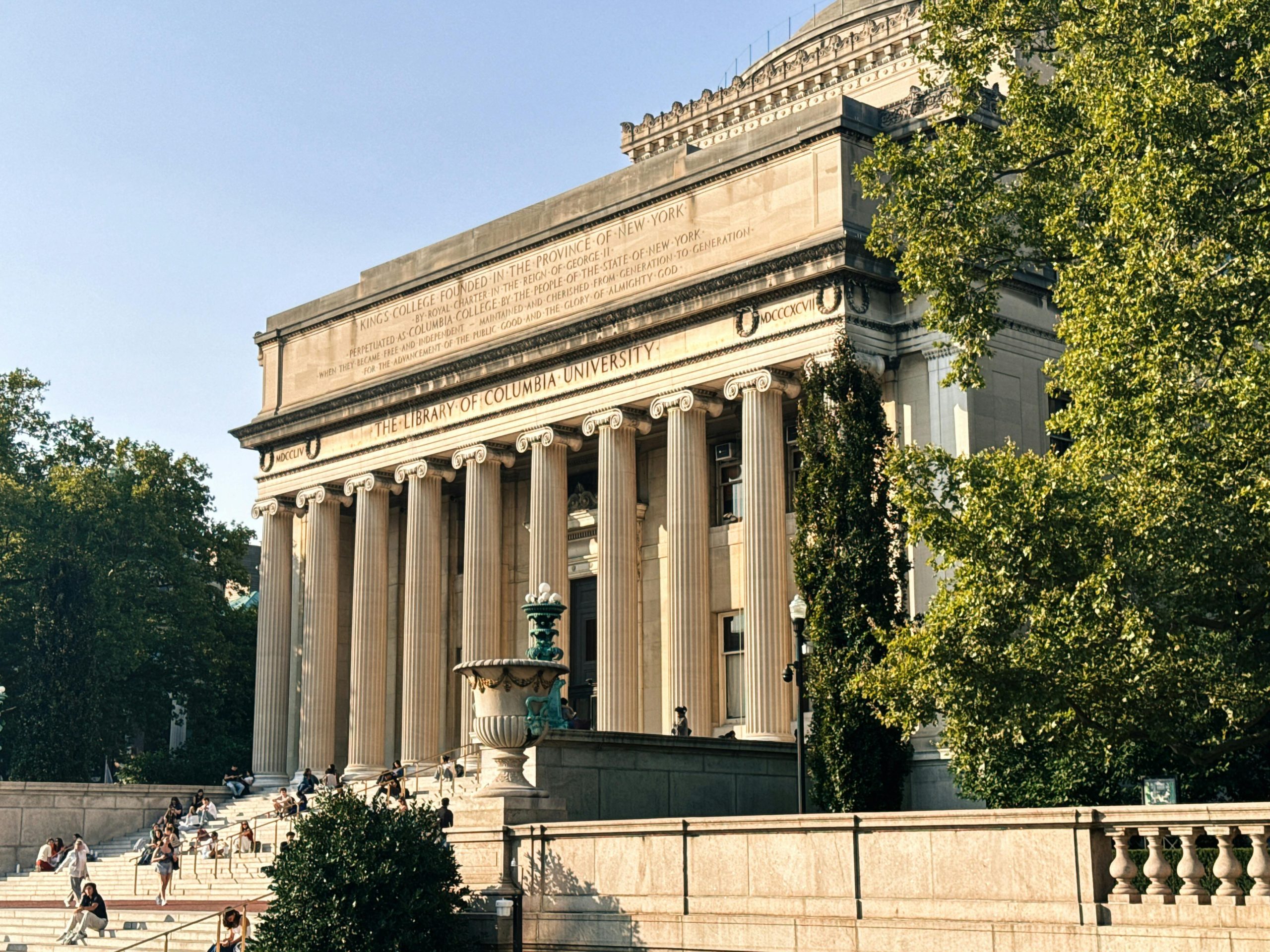In a shocking departure from the previous immigration policies, the recent Trump administration policy shift on student visas is causing genuine concerns among international students, universities, and education stakeholders worldwide. From stricter visa regulations and revocations to dubious surveillance processes, the new policy is reshaping the higher education dreams and personal lives of hundreds of thousands of students, particularly those from China, India, and the Middle East.
Visa Revocations and Stricter Restrictions
Underpinning the policy changes is a zealous effort to refuse or withdraw visas, especially for Chinese students. The Trump administration has introduced measures to increase scrutiny of overseas students, especially those studying science, technology, engineering, and mathematics (STEM) fields like artificial intelligence, semiconductors, and cybersecurity. In the name of national security, the U.S. government is now revoking students’ visas who are charged with having links with foreign governments mainly the Chinese Communist Party or who would conduct research that counts as “sensitive.”
Under the new policy, according to U.S. officials, the government is able to revoke visas preemptively without giving the student an opportunity to reply. This leaves many foreign students in limbo, with some having their visas canceled even when legally in the country and pursuing studies. For others, it means detention at the airport and forced return home, in some instances after years of studying towards degrees in the U.S.
Artificial Intelligence Surveillance and Political Screening
Another highly controversial aspect of the new policy is the use of artificial intelligence and web monitoring software to monitor students’ web activity. The government has tasked intelligence agencies with tracking visa holders’ and applicants’ social media sites for signs of anti-American sentiments, support for terrorist organizations, or even pro-Hamas statements or opposition to U.S. foreign policy.
Critics argue that this is an incursion into privacy and freedom of speech. More and more, there are fears that innocent blogs may be misinterpreted and lead to deportation or blacklisting. For already nervous foreign students, such surveillance generates psychic tension and encourages self-censorship, which the majority regard as contrary to the spirit of free inquiry and open intellectual discourse.
Economic and Academic Impacts on U.S. Colleges
Foreign students are a fiscal and intellectual pillar for many American institutions. In the 2023–2024 academic year alone, they brought nearly $44 billion into the American economy as tuition, living expenses, and housing. In state universities, particularly in states like California and New York, international students are often forced to pay higher tuition, subsidizing native students in the process.
Universities themselves are now experiencing sharp drops in international applications and enrollment. This is most concerning for institutions of research that rely on foreign talent to fill advanced programs and cutting-edge research. Organizations like Harvard have even had their ability to admit foreigners under threat after government audits questioned their adherence to visas, with some of these efforts being halted by federal courts.
The change in policy also impacts the faculty who collaborate with international students and researchers. With politicized scholarly relationships, researchers are losing partners, grant possibilities, and cultural diversity that brings together campus life.
Legal and Humanitarian Concerns
Civil rights organizations and immigration lawyers have been ringing alarm bells regarding a lack of transparency and due process in the way these policies are being implemented. Students are often not informed as to why their visas are being cancelled. In some instances, revocations of visas have been linked with violations of minor kinds that were not earlier reasons for deportation.
For students already residing in the United States, these new policies foster a perpetual atmosphere of uncertainty. They fear that a simple blunder from an ill-construed remark on a social media site to being in the wrong place at the wrong time can result in arrest, detention, or deportation. Such a climate has fostered a culture of fear, isolation, and anxiety among global student populations.
Ripple Effects on Global Student Mobility
The impact of the Trump policy does not remain inside the U.S. borders. International students from countries like India, China, Nigeria, and Iran are now rethinking pursuing studies in the U.S. With deportation threats or postponed visas, several are turning to other countries like the United Kingdom, Australia, Canada, Germany, and the Netherlands countries welcoming international students with fewer political issues and more academic protection.
This shift threatens the long-term global reputation of American higher education. Historically considered to be a world leader in research and innovation, the U.S. will lose the best international talent to more hospitable locations.
What Universities Are Doing in Response
A few colleges are resisting. Institutional law firms at Harvard, Stanford, and UC Berkeley are representing students in court, challenging visa rescissions and seeking policy reforms. Institutions are also expanding mental health counseling, emergency financial aid, and visa advisement programs for affected students.
Many professors and college presidents have gone public to condemn the Trump administration, citing the long-term damage it will inflict on U.S. academic leadership and global collaborations.
The new Trump administration policy regarding student visas is a historic departure from the historic position of the U.S. as a global hub of higher education. For international students, the policy shift is accompanied by not just logistical but emotional and psychological expenses. Though universities attempt to mitigate the impact, the overall environment has become more unfriendly, uncertain, and inhospitable.
If left untouched, these policies can take away the prestige of the United States as an international destination for study and innovation pushing future scholars, business executives, and leaders to look elsewhere for opportunities.





Leave a Comment